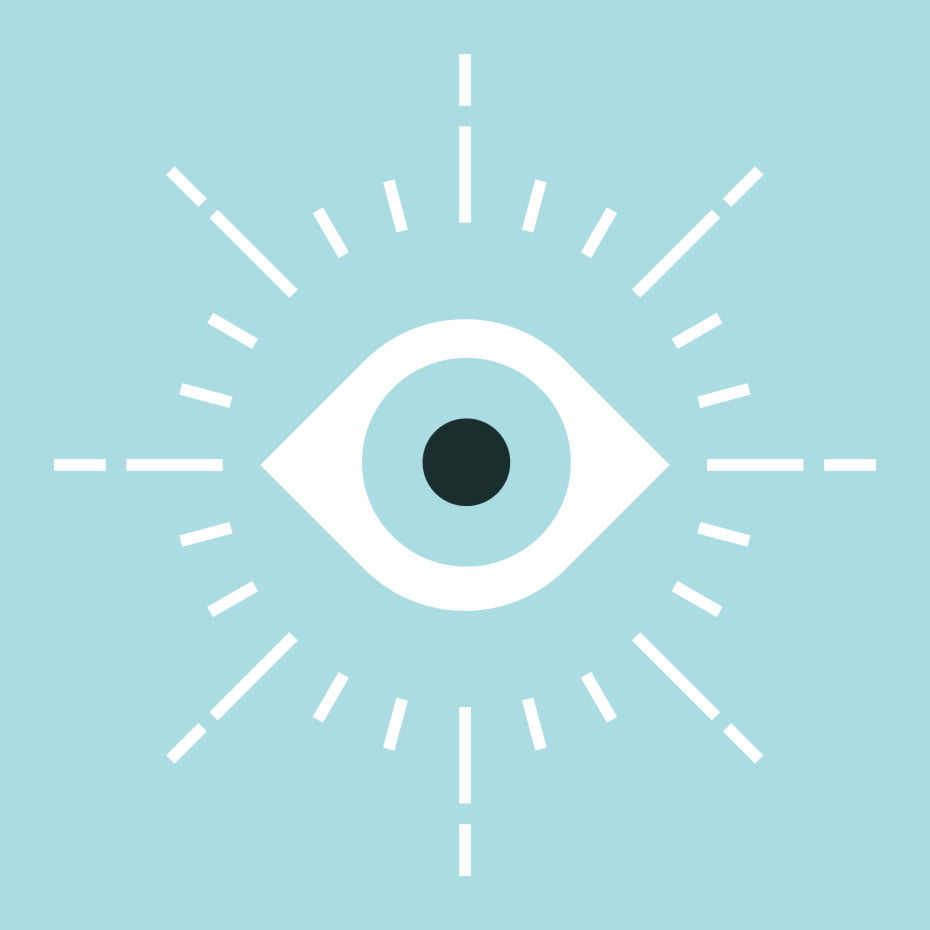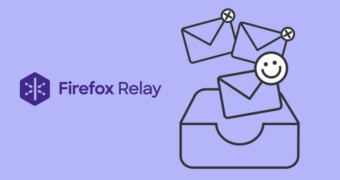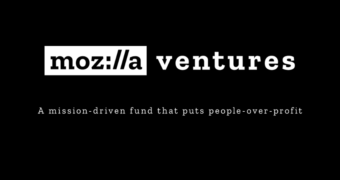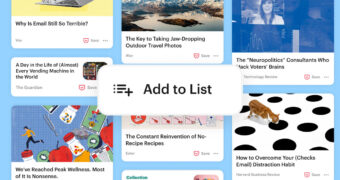What we learned and what’s next
We asked for your thoughts about the future of the internet. You said it has to be private and secure. But you also worry about a lack of trust online and sustainability. And despite these challenges, you still love the internet for the human things it enables: connection, knowledge, and learning.
This consultation began when a few of us at Mozilla were discussing the state of the open internet today, looking at the dynamics and various expressions of the techlash. As an organisation, we continue to champion the open internet, and yet we wanted to hear whether those values are still generative to others. Thanks to your thoughtfulness and constructive input, we’re assured there are things we all can do. And there are many people who care about better digital futures.
In the last few months, we spoke to over 100 people from 25 countries and surveyed almost 20,000 people from around 160 countries.
Here are some of the results:
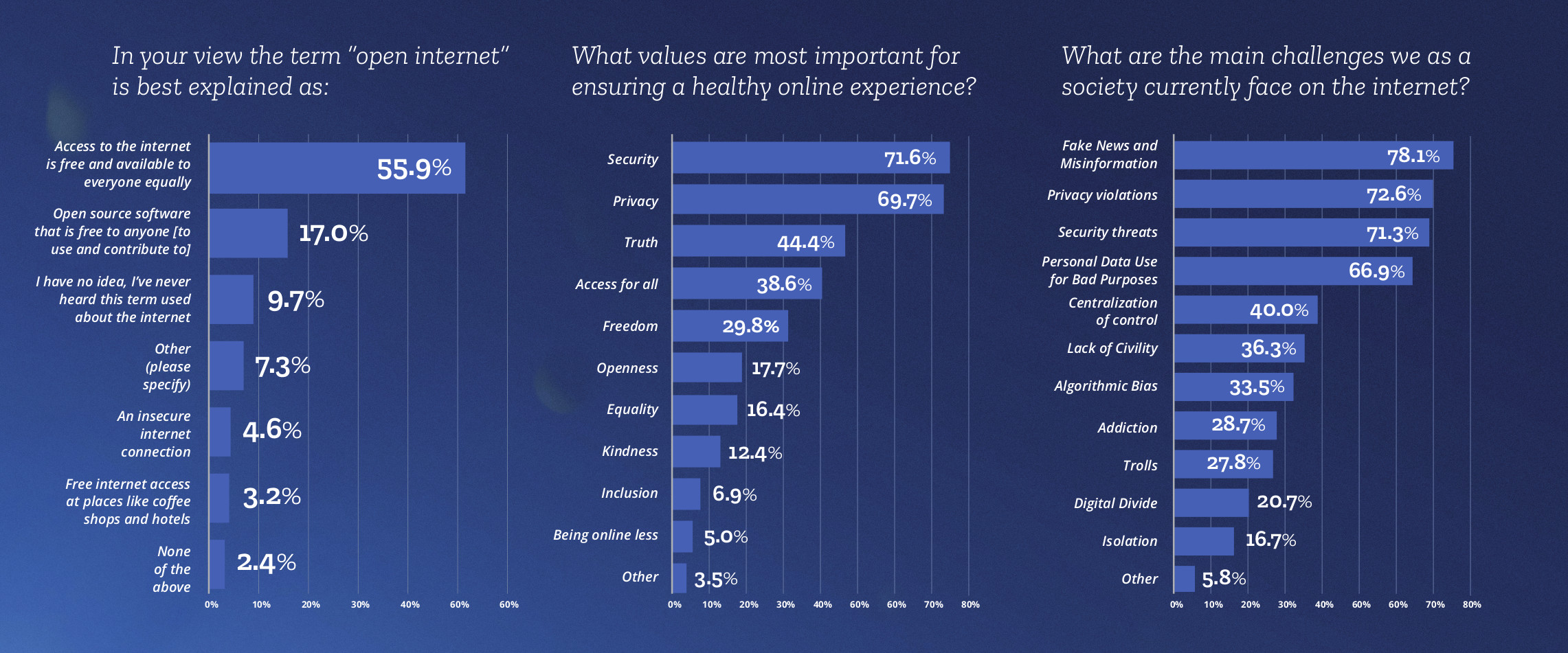
- Over half of the survey respondents defined themselves as average users (51%), with 32% identifying as tech-savvy, 11% as ultra-techie, and 6% as novices.
- The values that matter most to people’s online experience are: privacy (70%) and security (72%), truth (44%), access for all (39%), and freedom (30%).
- Meanwhile the top concerns are: misinformation (78%), privacy violations (73%), security threats (71%), misuse of private data (67%), and the centralization of control (40%).
- Despite many concerns about the internet today, 46% of people are cautiously optimistic about its future. Respondents from Africa, Asia, and South America expressed more excitement (11-17%) than people in Europe and North America (4-6%).
- The majority of respondents defined “open internet” as access to the internet being free and available to everyone equally.
Reflecting on these results and our conversations, we’re hearing that:
- We need more privacy and security. Without a doubt, privacy and security ranked highest among people’s concerns, regardless of geography, age, or gender. We found that people are more likely to feel trust and be optimistic about technological development when they feel their privacy is respected and their online experiences are secure. Without these values, people hold back their participation online.
- We seek the small human things. The desire to genuinely connect and communicate, to access knowledge, and to learn were the most frequently positive experiences people said they have online. Participants described how they perceive online spaces as being increasingly abusive and exploitative, and they’re seeking to reaffirm our shared humanity and feel more protected when engaging with new people online.
- We need to share responsibility. In our conversations, people emphasised that all stakeholders—governments, businesses, civil society, and internet users—each have important roles and responsibilities. Nevertheless, many survey respondents place a significant burden upon themselves as individual users (32%) to make the internet healthy.
- We need to invest in sustainability. Respondents also indicated the need to be responsible for our physical environment. They want the internet and those developing and contributing to it to reflect on and be accountable for its environmental impact, such as energy consumption and carbon emissions, as well as a tool to better care for the planet.
- Our understanding of openness is evolving. When Mozilla was founded, open source was avant garde. Now its standards and practices are widely adopted. While definitions of openness varied in this consultation process, it was regularly described as a tool to unlock new products and policies that serve larger technical, political, and social goals.
Where do we go from here? More analysis still needs to be done on our findings so far, but what’s come through loud and clear is that the appetite to engage is high. There’s a broad sentiment that we need to invest more time and energy in protecting our privacy and security, through product, policy and advocacy. But also that we need to continue to hone our open practices, engaging in dialogue as well as allowing for outside feedback and scrutiny. So let’s continue the conversation, share our experiences, and demand more from tech!
If you, too, are contemplating these things and want to engage with others, have a look at this agenda which provides you with a few suggestions for convening and facilitation.
Please share other ideas and reflections you may have as well! We’ll be continuing this thread at the upcoming Mozilla Festival and online.




